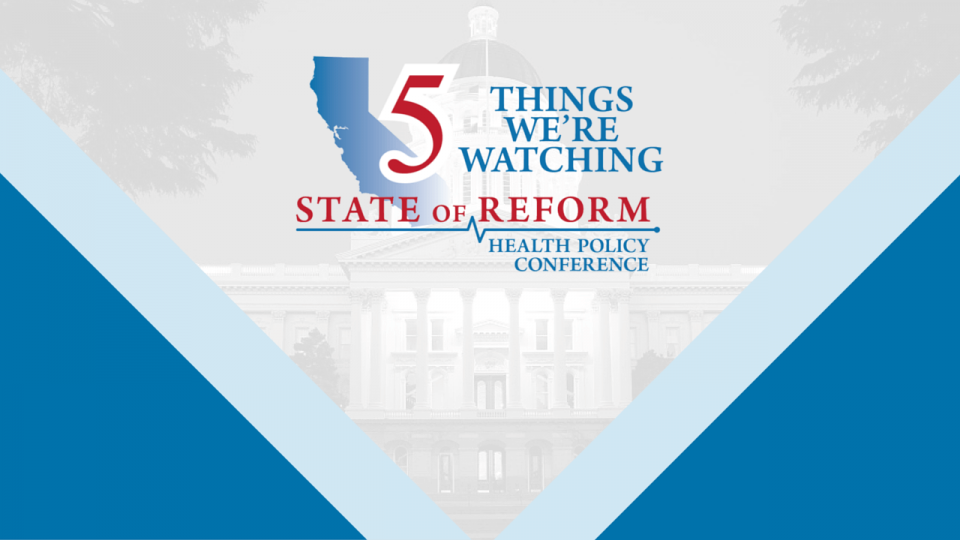California just announced it’s first death from the coronavirus as we finalized this newsletter. It took place in Placer County. Taken together, our national and community-level response to this is a failure of the first order. California is still working to get test kits deployed following the debacle at the CDC related to test kit preparation. Meanwhile, in South Korea, they are testing 10,000 per day, including with drive thrus set up to test folks.

With help from Emily Boerger
![]()
1. Coronavirus update
Some of the best work on the coronavirus is happening by private scientists, collaborating across the globe, putting out public information. That includes showing how studying the virus’s genome can indicate community spread that is otherwise undetectable to public health. Data at NextStrain shows 161 unique virus genomes, increasing the potential complexity of finding a vaccine, but which shows migration patterns of the disease.
This private collaboration is creating a real-time information and scientific response that is outpacing anything federal or state government is able to do. On Monday, CDPH announced Newsom is seeking $20M in funds to address the coronavirus. For context, Washington State, with one-fifth the population, just approved five times that amount: $100m.
![]()
2. Medi-Cal re-procurement update
With the CalAIM workgroup process officially over, and the public comment period for the proposals at an end, DHCS provided stakeholders with a list of the latest changes and updates to the initiative’s proposals on Monday. Officials from DHCS also offered a detailed look at the Medi-Cal re-procurement timeline during a joint meeting last week between the Senate Health Committee and Senate Budget Committee.
The roll-out of the Medi-Cal re-procurement will start in April, when the department will invite feedback on the process for 30 days before releasing a draft request for proposals in December of this year. The final RFP, to be released in June 2021, would require proposals to be submitted by August, with a notice intent to be sent out by December 2021. DHCS will then stagger implementation in January 2023 or 2024.
![]()
3. Report finds that mental illness in California jails is rising
A new report conducted by California Health Policy Strategies indicates that the prevalence of mental illness in California jails is rising. The report analyzed data from 50 counties regarding mental health cases and psychotropic medication prescription in jails between 2009 and 2019.
The researchers found there was a 42% increase in the number of active mental health cases reported in jails on a monthly basis, even as the number of incarcerated individuals declined. The data regarding psychotropic medication prescriptions shows a similar trend, with researchers uncovering an 81% increase in the raw number of inmates receiving prescriptions.
Notably, the CalAIM proposal will require MCOs to conduct “pre-release applications” with inmates to facilitate enrollment straight into Medi-Cal upon release. The hope is that this support, particularly for individuals with mental health issues, will reduce recidivism as well as improve health.
![]()
4. Video: Maria Lemus, Visión y Compromiso
Maria Lemus is the Executive Director of Visión y Compromiso, a national organization that promotes community well-being through the training and support of promotores and community health workers. Lemus joins us in this edition of “What They’re Watching” to discuss organizational integration of promotores, who serve as links between their communities and health and social service providers.
“A promotor is, at its core, a person who has what we call “espiritu de servicio.” They really are from the heart; they go out and help people. It is in every community — it could be your grandmother, your mother, your aunt. So, we started 18 years ago… with those people who wanted to help in their communities. Then they wanted more information so we started doing trainings and partnering so that they would know a little bit of a lot and take that to the community.”
![]()
5. Assembly meeting on cost containment
The Assembly Health Committee held an informational hearing last week to discuss potential health cost containment options for California. A large portion of the meeting was spent discussing the idea of creating a cost containment commission to reduce excessive cost growth in the state.
The committee heard from leaders from Massachusetts and Oregon — two states that already utilize advisory boards/commissions to contain health costs. Common “success factors” of these commissions, according to presenters, include explicit benchmarks for cost growth, the ability to collect and analyze detailed data to improve transparency and understand cost drivers, and the utilization of enforcement mechanisms if targets aren’t met. A detailed rundown of the meeting is available here.



